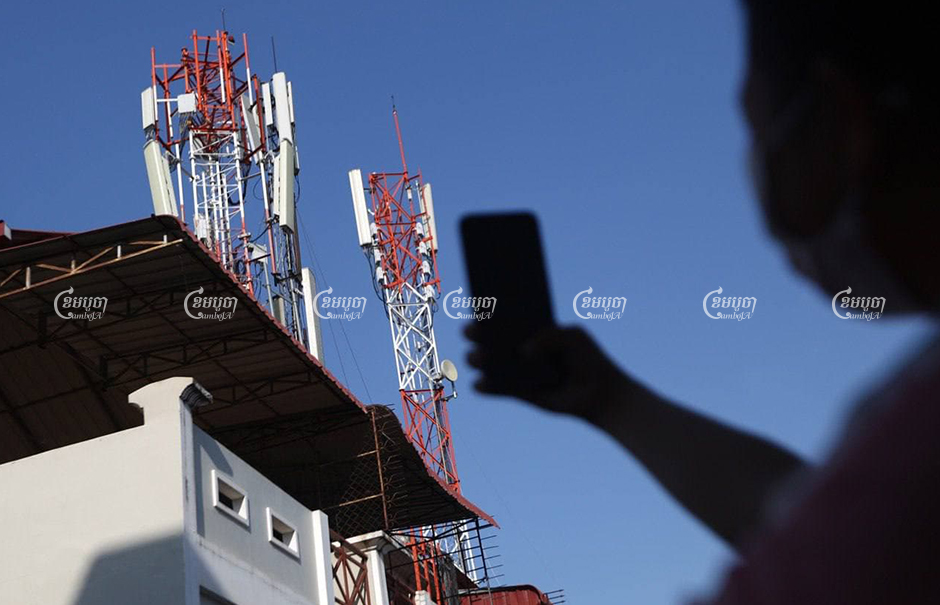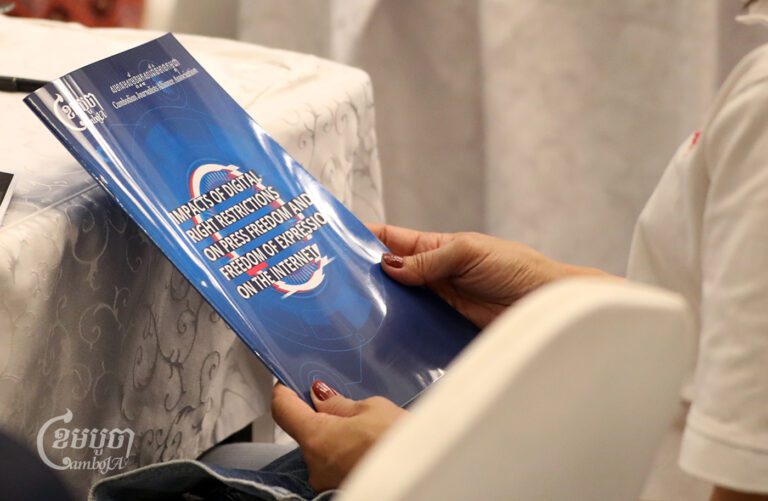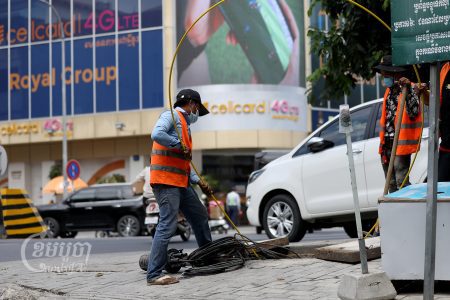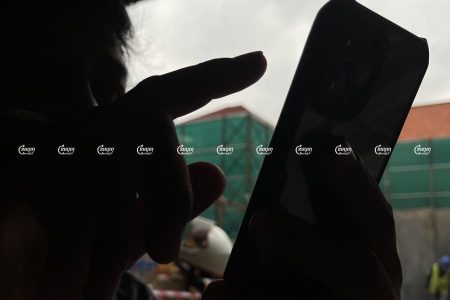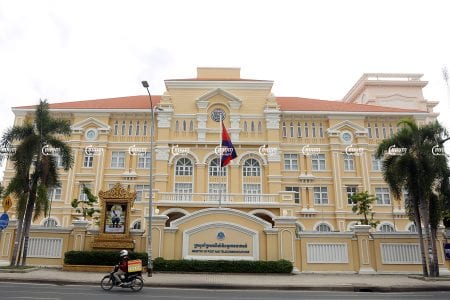Internet service provider MekongNet said it was concerned about network reliability and potential costs attached to a newly-issued sub-decree establishing a national internet gateway (NIG) that would see it exert control over Cambodians’ online communications.
The new sub-decree was issued last week and would create the NIG to control the flow of information online to “mobilize national revenue, keep public order, national security and culture.” But, rights groups say the gateway can be used to censor online speech and enhance surveillance techniques already being used to target dissent.
MekongNet, an internet service provider, would wait for further technical guidelines and directions from the government about the new sub-decree, said Sok Channda, the company’s chief executive officer.
She said the government wanted to control online security but that it also needed to ensure that customers’ information and data was not leaked.
“If the data is leaked, it will affect the customers. I would like to raise an example that bank’s data could be leaked and that will hurt them and this is the thing we are concerned about,” she said. “Or the data could be provided to our competitors.”
Channda said online traffic directed through a single-entry point would be a concern for ISPs because of the costs and investment needed to set up the NIG.
“When we are required to go through a single entry, we are concerned that when the internet [at the gateway] is cut, it will cut all ISPs,” Channda said.
Channda said ISPs had submitted their concerns to the Telecommunication Ministry when they were invited for consultations on the sub-decree, but so far, they had received no response.
The Cambodian government has claimed that the gateway would help improve internet connectivity, give it a chance to shut down national security threats and enhance revenue collections. The Ministry of Post and Telecommunications last week rejected concerns raised by rights groups, saying the allegations are “unfounded, politically motivated, untrue and contradictory” to the objectives stated in the sub-decree.
Chea Vandeth, Minister of Post and Telecommunication, downplayed any concerns because the ministry’s technical team was in discussions to introduce good technology for the NIG.
“Some operators may be worried about this, but we have many gates to connect, such as in Poipet, Bavet, Phnom Penh and Sihanoukville so it should not be a concern,” he said.
The sub-decree allows for the licensing of NIG operators to control these gateways but little detail has been provided as to which firms will be eligible to manage Cambodia’s online traffic.
He said the ministry had invited private companies for consultations on three occasions and will continue to discuss the NIG with these companies.
Human Rights activists and civil society organizations last week released statements calling for the sub-decree to be scrapped.
Ul Vann, president of Cambodian Youth Network, said the government intended to control internet traffic in Cambodia, just as online activity increases significantly in Cambodia.
“Now we can see more and more people use the internet as a forum to communicate and share information. They use an online platform to express their concerns and call for issues to be solved,” he said.
Vann said the NIG allows the government to control or keep the user’s data and information, which could threaten privacy rights.
“We don’t know if the government will use the data for any purpose, especially data from politicians, human rights activist or those who are targeted by the government,” he said.


